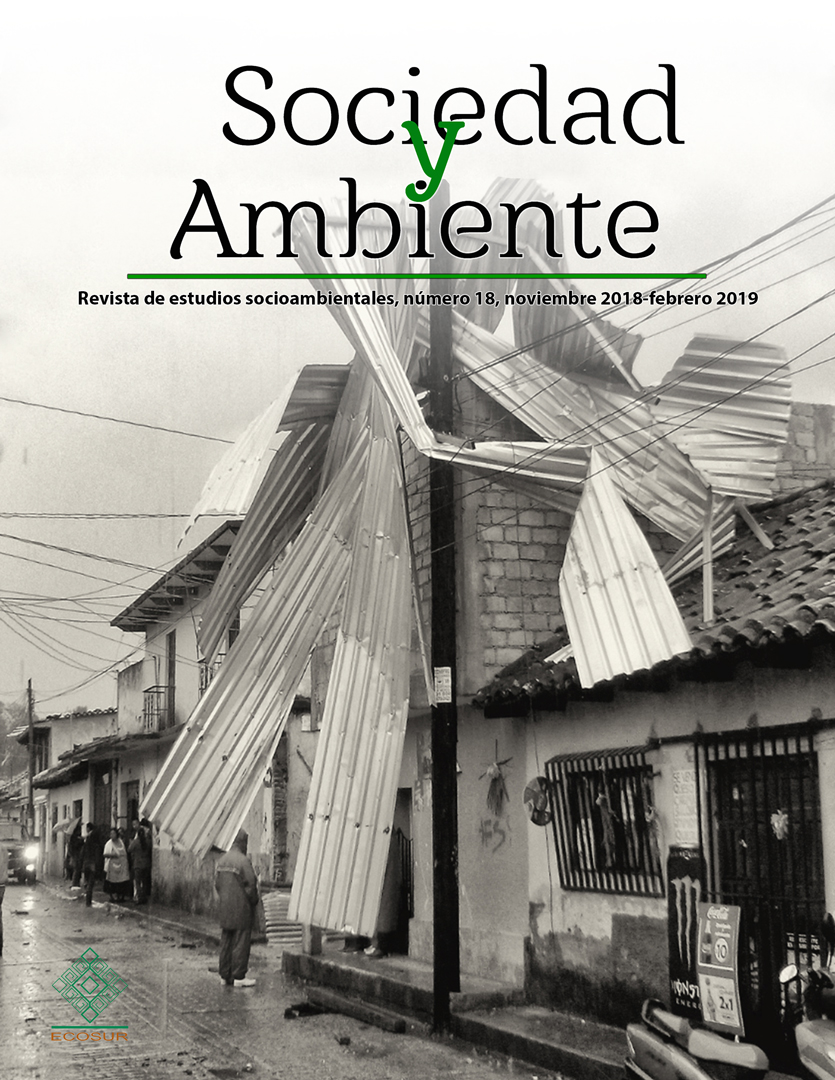Abstract
Providing food and raw materials for the growing human population raise enormous challenges for achieving wellbeing and conserving biodiversity. As a result, a multidisciplinary debate has arisen which compares two models of territorial configuration for food production and conservation. The land-sparing model seeks to intensify industrialized agricultural production, locating it in different places from those assigned for biodiversity conservation. Conversely, the land-sharing model regards industrialized production models as undesirable and holds that primary productive and conservation activities are compatible. We propose a participatory scheme for developing guidelines for managing productive systems. Neither of the models is sufficient in itself for meeting the productive and conservation challenges of the world, given the complexity of socioecological systems. Instead, management guidelines for productive activities should be drawn up within communities, based on the needs, knowledge, and capacities of local producers, and supporting their definition on robust scientific data. This will facilitate the undertaking of productive activities using a sustainability approach.

Sociedad y Ambiente by ECOSUR is licensed under a Creative Commons Reconocimiento-NoComercial-SinObraDerivada 2.5 México License


